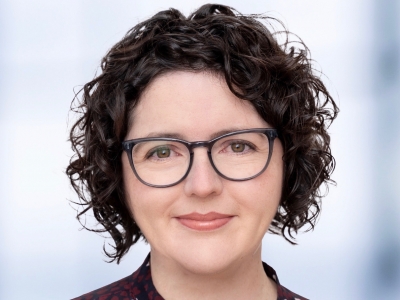 Name: Natasha Pei
Name: Natasha Pei
Degree and Year: Bachelor of Social Work (’11)
Master of Social Work (’14), Carleton University.
Occupation: A community animator, or liaison, with Vibrant Communities.
Number of Members: Over 30 regional roundtables of private, non-profit, public, and community representatives. We also have representatives in seven provinces and territories. They are all part of an online community of poverty reduction advocates, sharing strategies on what works and what doesn’t and building on each other’s successes.
How did you get the job? As a master’s student, I worked as a research assistant for School of Social Work Professor Karen Schwartz, who is a collaborator with Vibrant Communities. (Schwartz is also the Associate Dean, Research and Graduate Affairs.) After graduation, they hired me. So now I am collaborating with my former professors as a community partner.
What do you love about your work? You can actually see the difference this work makes for our community partners. So often in social work, you put your heart and soul into the work and you don’t see the rewards. With this job, I see all of the knowledge that’s being passed back and forth across the country and the follow-up actions and new policies that are the result of our conversations.
What is the most challenging aspect of it? As an online community, our staff (my colleagues) are spread out across the country working from home, so sometimes I feel like a lone wolf doing community engagement work.
What excites you right now? Right now we’re working on a big poverty reduction summit in Ottawa at the beginning of May. We’re bringing advocates and big name leaders from all across the country to align our strategies and carve a way forwards. You can see a lot of movement as people recognize that we have to be more intentional about the prevention of poverty.
How did Carleton University help you? Carleton broadened my horizons. When I first got into my bachelor degree I was solely interested in child protection work, but the structural school of social work helped me recognize a lot of the systemic issues we face in society, and got me interested in addressing the larger, structural barriers people face every day.
Friday, September 9, 2016 in Career Paths, FPA Voices, Justice, Policy, Professional, School of Social Work
Share: Twitter, Facebook



